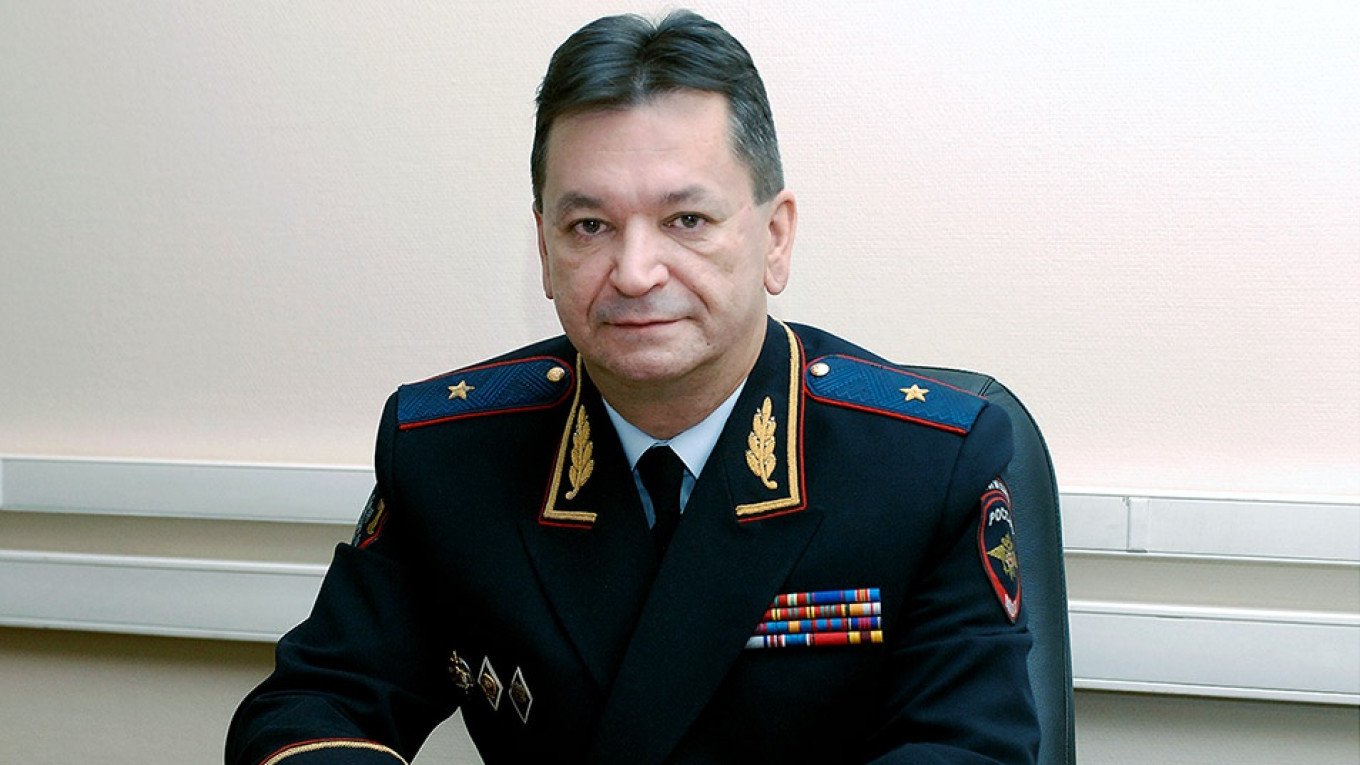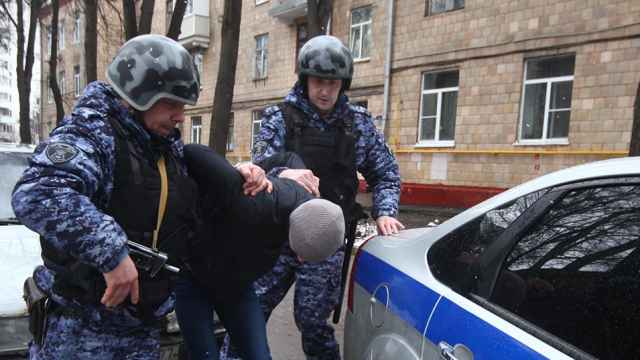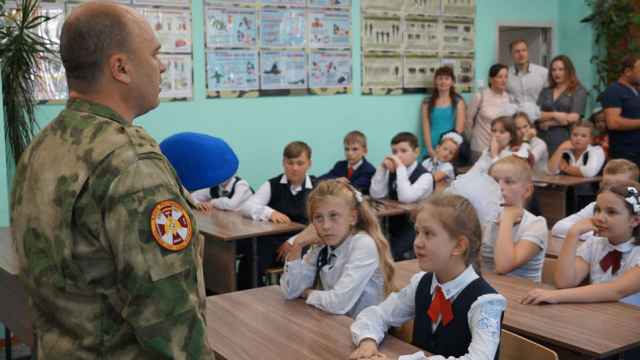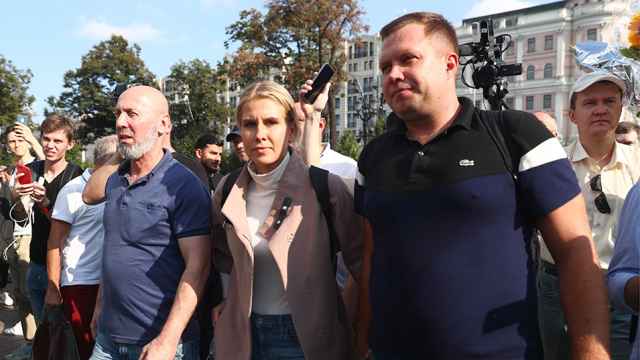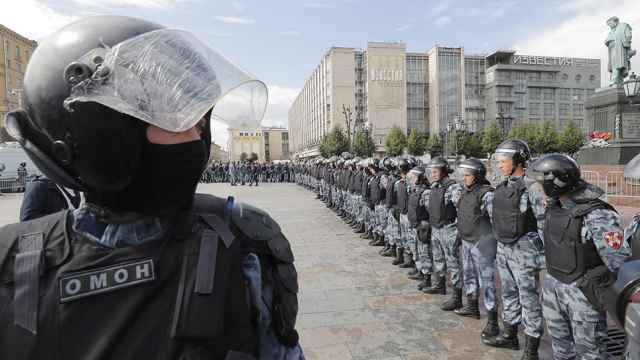Russia’s frontrunner for the presidency of the international police body Interpol has lost to its acting president from South Korea following international alarm over his possible election.
Alexander Prokopchuk, a police major-general and one of Interpol’s four vice-presidents, was widely expected to be elected to head the organization Wednesday following the disappearance of its previous president in September. Widespread concern in Europe and the United States mounted in the days preceding the election, with critics saying Russia would be able to exploit Interpol's power if Prokopchuk took the role.
Interpol announced on Wednesday that South Korea’s Kim Jong Yang was elected as Interpol’s president.
He will complete the two remaining years of his Chinese predecessor Meng Hongwei’s four-year term. Meng disappeared in September during a trip to China. Days after his wife reported him missing, Chinese authorities said he was being investigated for taking bribes. He has not been seen since, but sent a letter to Interpol resigning.
The presidency of the body is largely ceremonial, with day-to-day work handled by Secretary-General Jurgen Stock of Germany, but it still commands influence.
A bipartisan group of U.S. senators accused Russia this week of exploiting Interpol to settle scores by issuing arrest warrants against dissidents, while the U.S. state secretary endorsed Kim over Prokopchuk.
The senators warned that Prokopchuk’s election would allow Moscow to step up abuse, which has in the past targeted William Browder, a prominent Kremlin critic based in Britain.
Browder, a fund manager who has driven efforts to impose sanctions on Russia via the Magnitsky Act, was briefly arrested in Spain in May on a red notice. He said it would be "outrageous" if Prokopchuk was elected president.
In an editorial this week, the London Times said Prokopchuk's likely election called into question the viability of Interpol, set up as the International Criminal Police Commission in 1923, before being renamed Interpol in 1956. It called on the police body “weed out fake demands from states like Russia and China which manifestly do not respect the rule of law.”
Reuters contributed reporting to this article.
A Message from The Moscow Times:
Dear readers,
We are facing unprecedented challenges. Russia's Prosecutor General's Office has designated The Moscow Times as an "undesirable" organization, criminalizing our work and putting our staff at risk of prosecution. This follows our earlier unjust labeling as a "foreign agent."
These actions are direct attempts to silence independent journalism in Russia. The authorities claim our work "discredits the decisions of the Russian leadership." We see things differently: we strive to provide accurate, unbiased reporting on Russia.
We, the journalists of The Moscow Times, refuse to be silenced. But to continue our work, we need your help.
Your support, no matter how small, makes a world of difference. If you can, please support us monthly starting from just $2. It's quick to set up, and every contribution makes a significant impact.
By supporting The Moscow Times, you're defending open, independent journalism in the face of repression. Thank you for standing with us.
Remind me later.


